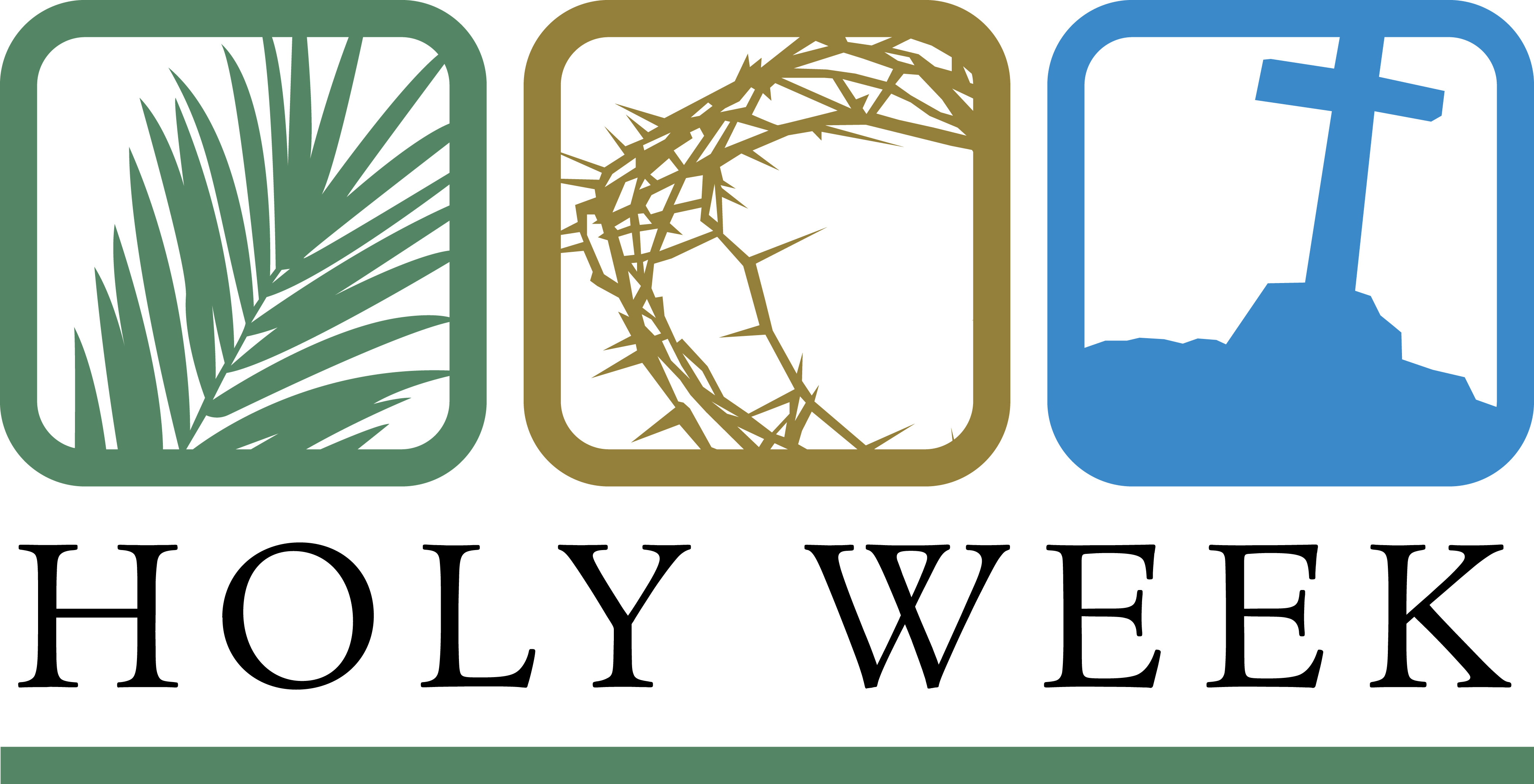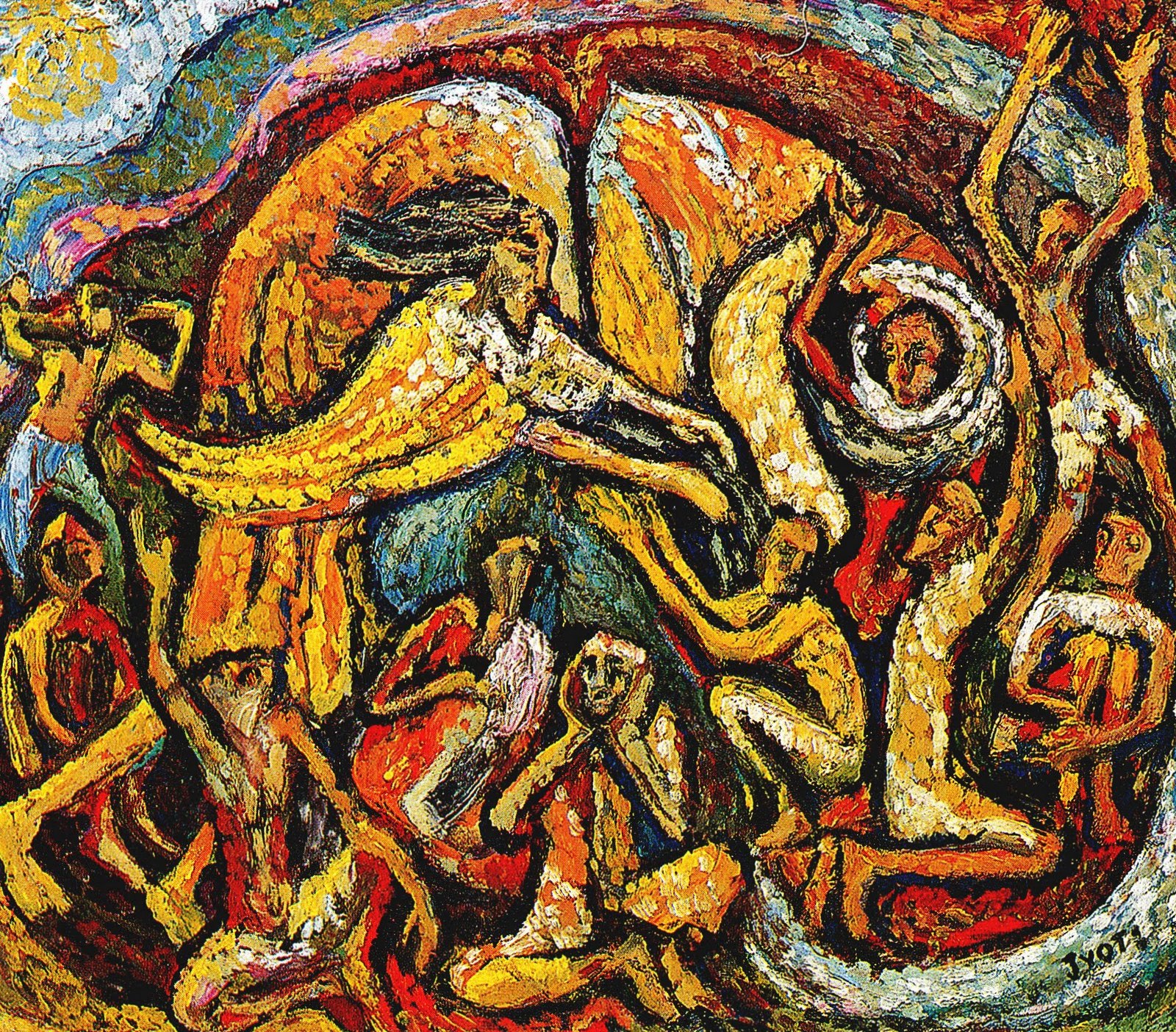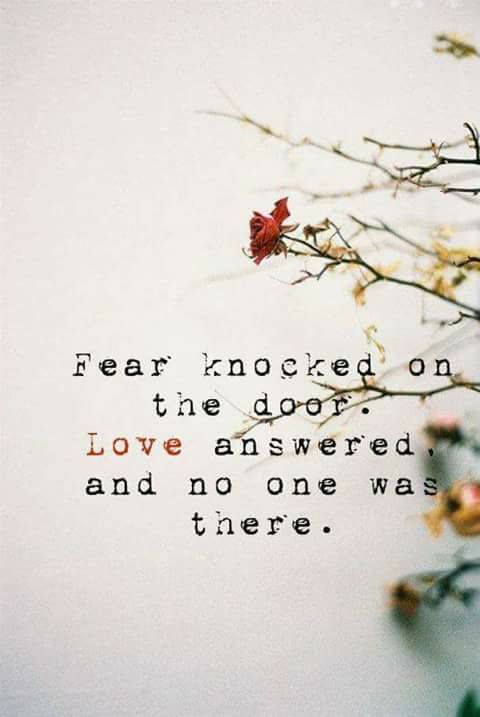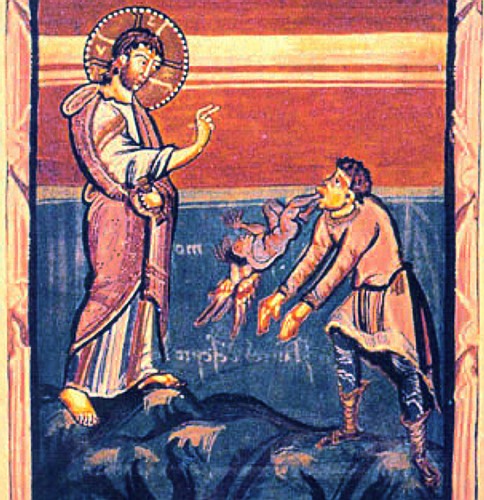HOLY WEEK with JCC and around Town
April 10-17 Sun, April 10 – PALM SUNDAY INTERFAITH GATHERING8am • Old Red Library & ZoomJoin us for poetry, prayer, and conversation. Zoom link required. Contact church: [email protected] VIRTUAL CHOIR REHEARSAL9am • ZoomJoin choir director Rebecca Moore to prepare Palm Sunday & Easter Sunday songs. Zoom link required. Contact church: [email protected] WORSHIP with PALMS10:30am • […]




